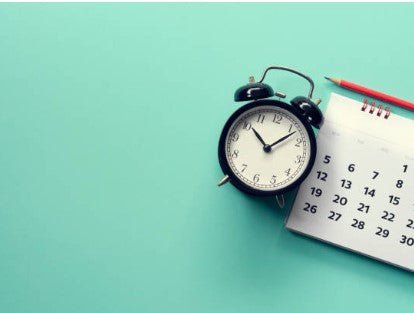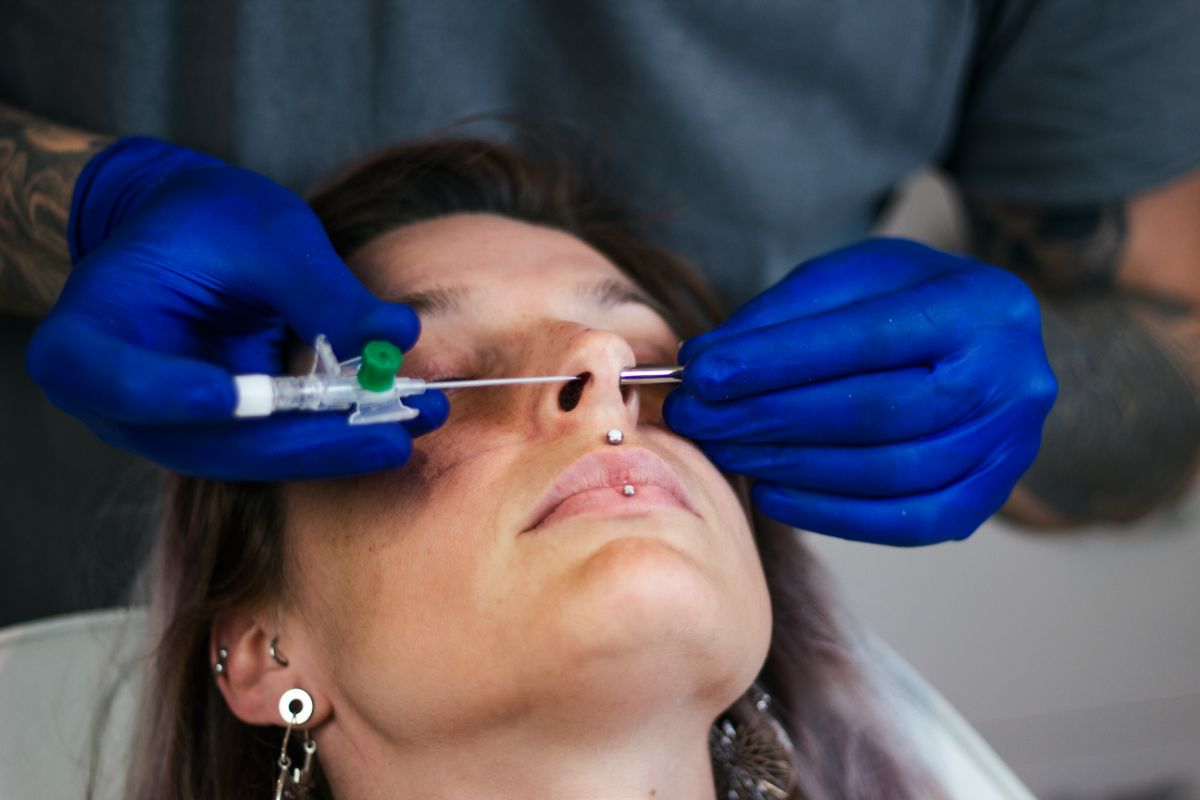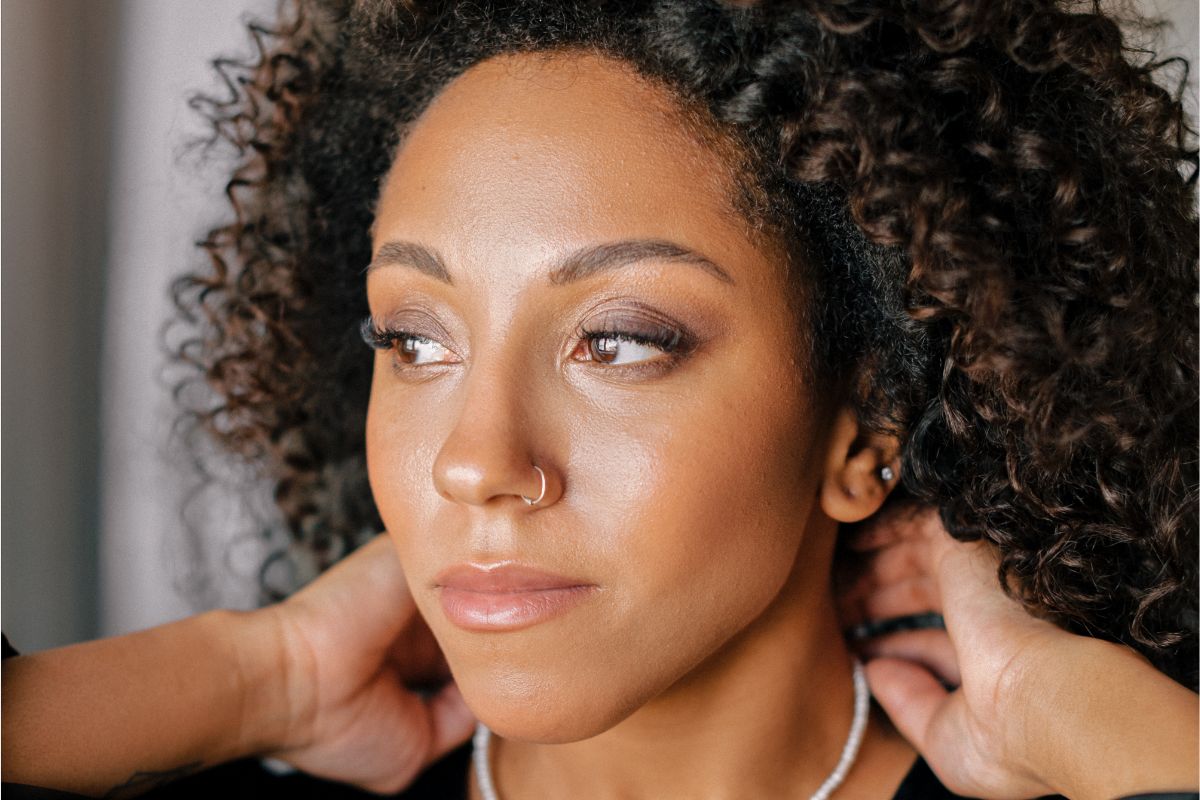When it comes to healing time for piercings, there is no one-size-fits-all answer. The healing process varies for every person and depends on a number of factors, such as the location of the piercing and individual health. However, there are some general aftercare guidelines that can help to ensure an effective healing process. Read on to learn more about the piercing healing process and the importance of a piercing aftercare routine.

What to Do If You’ve Forgotten to Clean Your Piercing
If you have forgotten to perform your aftercare, don’t panic. First, make sure to clean the area around the piercing with soap and water. You can also use a physician-approved healing ointment or cream. Make sure to apply it as directed.
If the piercing is sore or inflamed, you can take an over-the-counter pain medication such as ibuprofen. If the pain is severe, see a doctor.
As a final step, make sure to keep the area clean and dry. The work to help a piercing heal properly can be a bit challenging and time-consuming, but if you take the necessary steps, you can heal your piercing successfully.
How Long Should Aftercare Last?
Depending on the type of piercing, healing can take anywhere from a few weeks to a few months, to as long as a year. No matter how long healing takes, it is important to follow proper aftercare instructions. This includes keeping the area clean and free of bacteria and dirt, avoiding harsh chemicals and fragrances, and protecting the piercing from friction and trauma.

For the first few days after the piercing is done, it is important to clean the area several times a day with saline solution to keep the area free of dirt and debris.
In addition, it is important to avoid touching or rotating starter jewelry during the healing process. Once the piercing has healed to the point where you can change your jewelry, you can switch to a standard cleaning routine of twice daily cleanings with a saline solution. (If you’re not sure when it’s safe to change your aftercare process, see your doctor or dermatologist.) Following these simple tips will help you enjoy your new piercing for many years to come.
In general, it is best to err on the side of caution when it comes to piercings. Avoid any activities that could potentially damage a healing piercing. With proper care, once your piercing is healed, you’ll have a fun and easy way to change up your look.
What Are the Benefits of Using Aftercare Products on Piercings?
One of the best things you can do to heal piercings is to use an isotonic piercing aftercare solution. It helps cleanse the area, prevents infection, and speeds up healing. It is important to follow the aftercare instructions given to you by your piercer, because different piercings require different care. For example, some piercers may recommend using medicated swabs for sensitive skin, while others may suggest using a saline spray or treatment drops for piercings with bumps and keloids. It is best to avoid using harsh chemicals or abrasive cleaning solutions on healing piercings, because doing so can irritate the area and delay healing.
The Consequences of Neglecting Aftercare
Failure to keep your piercing clean and cared for can lead to a number of problems, including infection, excessive scarring, and longer healing time. In some cases, it may even cause your body to reject the piercing entirely. Remember that the healing process can vary depending on the body part pierced, so be sure to follow those aftercare instructions!
3 Simple Steps for Piercing Aftercare
Here is a simple piercing aftercare routine you can follow to help your piercing heal quickly and avoid infection:
First, it's important to clean your piercing twice a day with a saline solution. This will help to remove any buildup of dirt, excess oil, or flaking around the piercing and prevent infection.
Next, make sure to dry your piercing thoroughly after cleansing. A great way to do this is to use a gentle pat-dry method with a clean paper towel.
Finally, apply a small amount of aftercare product to your piercing. High-quality aftercare products help soothe the skin and speed up the healing process. Plus, they add an extra layer of protection against infection.
By taking good care of your piercing during the healing process, you can help to ensure it heals naturally and safely. Healing a piercing takes time and dedication— and the right aftercare products really do make a difference.
Conclusion
Some people may experience minor discomfort or soreness during healing, but this is normal and should not be a cause for concern. Most piercings take anywhere from 4–8 weeks on average to heal, depending on the piercing’s location and the level of aftercare followed. If you have any questions or concerns about your piercing, it is best to consult with a professional piercer or your doctor.





